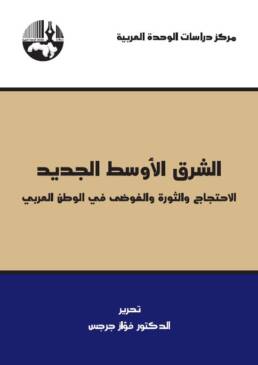The Center for Arab Unity Studies published the book Russian Gas Pipelines: Geopolitical and Economic Dimensions by researcher Mostafa Shalash.
Russia’s rise as an energy power has sparked controversy across both sides of the Atlantic, and the United States has frequently criticized its Western European allies for seeking to strengthen energy ties with Moscow, and claimed that an influx of foreign currency generated from energy sales would help the Kremlin modernize the military. The big controversy has always concerned efforts to deliver gas supplies via pipelines. Washington feared that increasing European dependence on Russian gas supplies would weaken Europe’s political resolve.
Today the world is experiencing turmoil regarding the security of energy supplies. Despite the decline in global demand for oil and gas as a result of the closure imposed by the Corona pandemic, supply in the energy market is limited, and prices are generally high. This is in addition to the US and European sanctions that targeted Russia after the latter announced a military operation against Ukraine in early 2022, which blocked Russian energy supplies from the global market. These developments have brought about major changes in the global energy map, as the European Union imports nearly a third of its oil and nearly half of its natural gas from Russia. The level of dependence on these Russian energy supplies varies between member countries of the European Union, while some of Russia’s post-Soviet neighbors, as well as non-EU countries in the Western Balkans and Turkey, depend mainly on Russian energy.
Add a review
You must be logged in to post a review.








